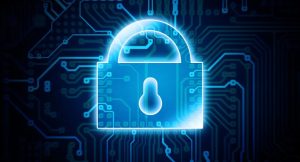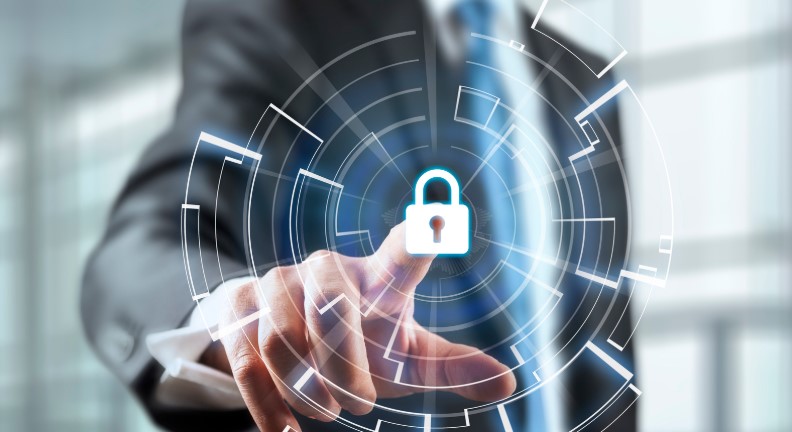As new technologies emerge and cyber threats evolve, businesses operating online face increasing risks that can compromise their operations and customer trust.
Recognizing this, experts have composed a list of critical, actionable advice designed to fortify the digital security of businesses. By adopting these expert-recommended strategies, companies can enhance their security framework and ensure a safer online environment for themselves and their users.
Practical Ways to Ensure Digital Business Security
Strong Passwords

The implementation of strong passwords stands as a fundamental yet highly effective defense in terms of digital security.
A robust password should be a unique blend of letters, numbers, and special characters, avoiding predictable sequences such as birthdays, common names, or straightforward words.
For better management and security of these complex passwords, businesses and individuals are encouraged to utilize password managers.
Through these measures, adopting strong passwords becomes a practical step towards securing sensitive data and maintaining privacy in an increasingly interconnected digital landscape.
Two-Factor Authentication (2FA)
This method goes beyond the traditional single-password defense by adding a second layer, typically something the user knows (a password) and something the user has (such as a smartphone to receive a verification code).
The most common forms of 2FA include receiving a one-time code via SMS or email, which must be entered in addition to the password. More secure systems might use biometric verification, such as fingerprint or iris scans, or push notifications through a dedicated authentication app.
By integrating 2FA, businesses can mitigate the risk of compromised credentials leading to unauthorized access. This is particularly critical in environments where sensitive financial or personal data is handled.
Encryption Technologies

Encryption serves as another fundamental component of digital security. This technique is critical not only for safeguarding emails and financial transactions but also for businesses that are involved in online entertainment.
Live casino platforms, for example, offer an array of traditional table games, such as blackjack, roulette, and poker, presented in real-time formats with live dealers. These sessions are streamed directly to users, which requires robust security measures to protect the transmission of sensitive information, including personal data and financial details.
Here, Secure Socket Layer (SSL) encryption becomes crucial. SSL encryption secures a web connection by creating an encrypted link between a web server and a browser.
Crypto Wallet Reviews
Crypto wallets are essential tools for managing and safeguarding cryptocurrencies. When selecting a crypto wallet, several key factors must be considered to ensure comprehensive protection and ease of use.
The first is the type of wallet: hardware or software. Hardware wallets, such as Ledger or Trezor, provide physical devices that store cryptocurrencies offline.
On the other hand, software wallets can be applications on mobile devices or computers.
Digital business owners should look for wallets that offer multi-signature facilities, where multiple keys are required to access the wallet, adding an extra layer of security. Two-factor authentication (2FA), similar to what is used in many secure digital platforms, should also be a standard feature.
Regular Data Back-up

For effective data backup, it is advisable to employ a combination of physical storage devices and cloud-based services. Physical storage options, such as external hard drives or USB flash drives, provide a reliable means of storing data locally. These devices can be easily accessed and controlled but must be stored securely to prevent physical theft or damage.
Cloud-based services, on the other hand, offer the advantage of remote access and high scalability. They typically provide automated backup solutions, ensuring that data is continuously copied and updated without manual intervention.
Using both physical and cloud-based backups is a smart way to protect data. This method follows the 3-2-1 backup rule, which suggests keeping three copies of your data across two distinct storage formats, with one copy located elsewhere.
Constant Vigilance is Advised
Digital security is a dynamic field that requires constant vigilance and adaptation. By implementing these strategies, it is possible to significantly improve digital security. The key to staying safe online is a proactive approach and a commitment to continuous learning.




